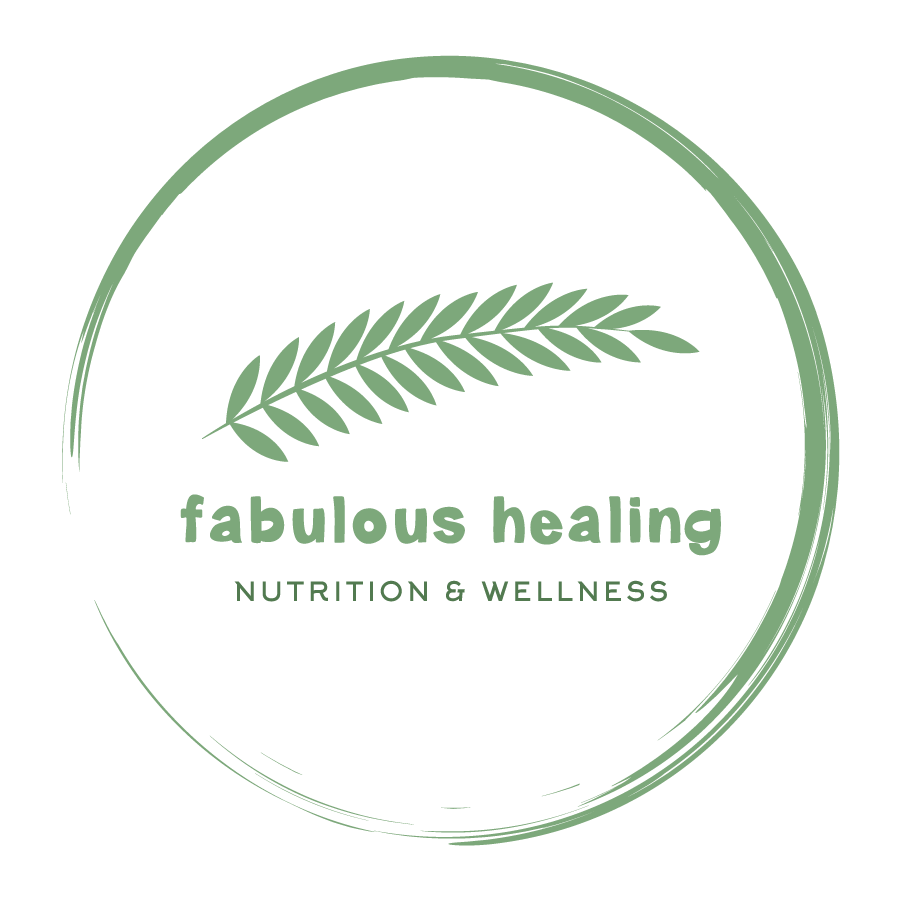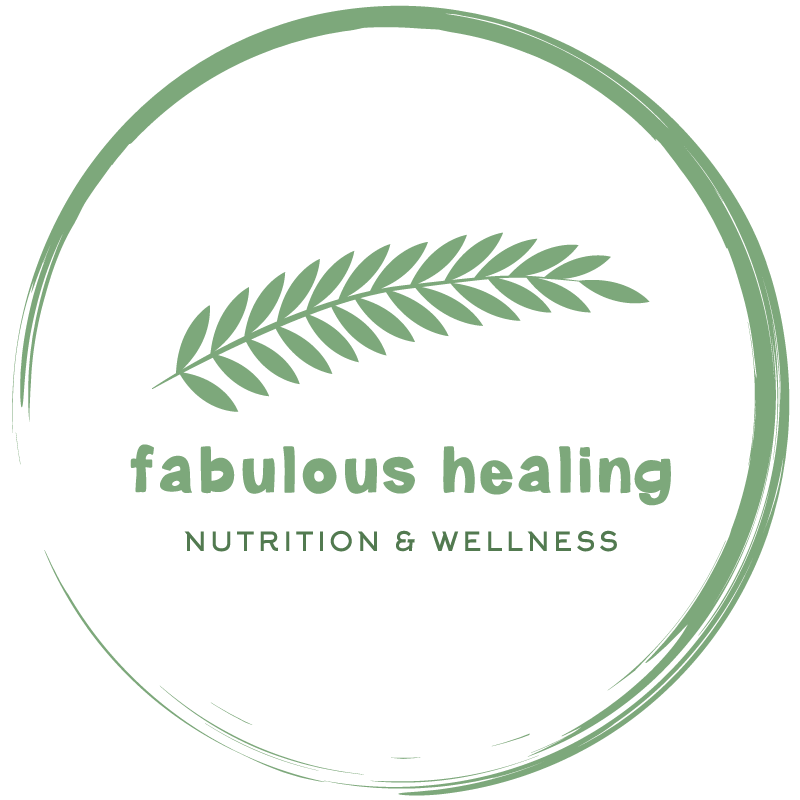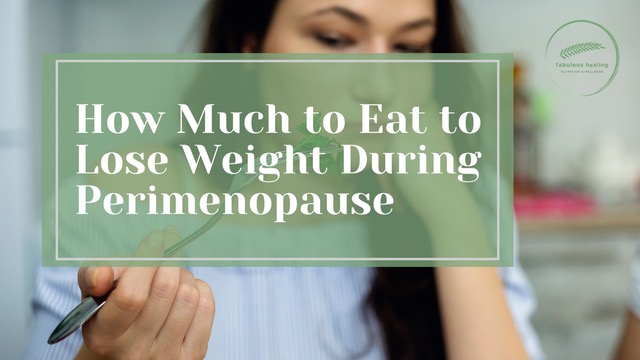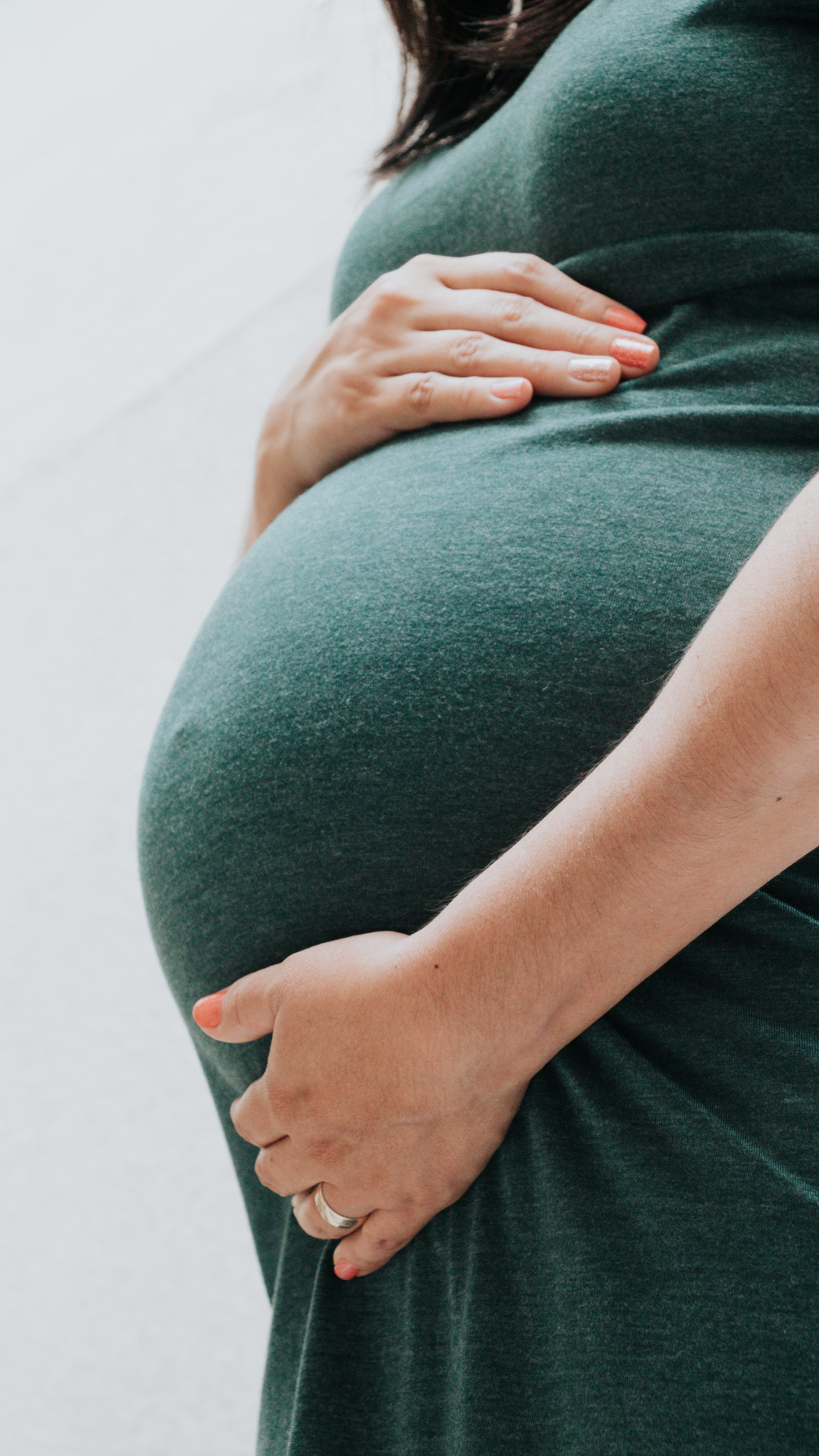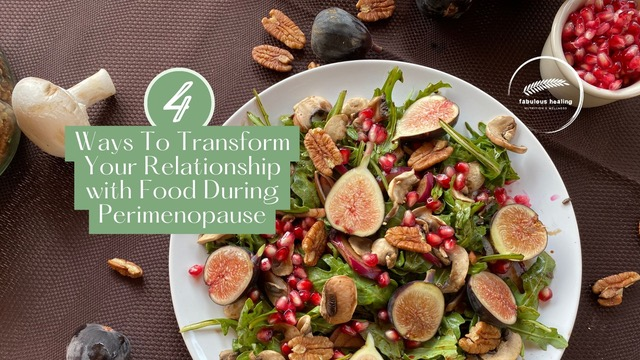Have you noticed that your favorite jeans don’t fit quite like they used to? Are you struggling with stubborn weight gain that seems to defy all your efforts? If you’re a woman in your late 30s or 40s, you might be experiencing the frustrating effects of perimenopause (or, in some cases, menopause). This transitional phase leading up to menopause brings a host of changes, one of the most challenging being unexplained weight gain. Don’t get me wrong, this isn’t about vanity; it’s about feeling like yourself again, regaining your energy, and being confident in your body. But how can you achieve this when it feels like your body is working against you?
The reality is, perimenopause introduces a complex hormonal change that can make weight loss seem nearly impossible. Estrogen levels fluctuate, metabolism slows down, and muscle mass begins to decrease—all contributing to that dreaded midsection weight gain. Traditional dieting advice like intermittent fasting, avoiding carbs or gluten, limiting calories, and even cardio workouts don’t always work because your body’s needs are different now. It’s easy to feel defeated, thinking that no matter how little you eat or how much you exercise, the scale won’t budge. This constant struggle can leave you feeling overwhelmed and disheartened, wondering if you’ll ever feel comfortable in your own skin again.
But there’s hope. By understanding how much to eat and what to eat during perimenopause, you can regain control of your body, weight, and health. This isn’t about restrictive diets or endless hours at the gym; it’s about smart, informed choices that align with your body’s unique needs during this phase of life. Let’s delve into the strategies that can help you achieve sustainable weight loss and bring back that sense of vitality and confidence.
Focus on Nutrient-Dense Foods
During perimenopause, the quality of your calories matters more than ever. Nutrient-dense foods provide essential vitamins, minerals, and fiber that support overall health and hormonal balance.
- Prioritize Protein: Protein is vital for maintaining muscle mass and promoting satiety. Include lean sources in your meals. Aim for 20-30 grams of protein per meal.
- Healthy Fats: Don’t shy away from fats. Healthy fats from avocados, nuts, seeds, and olive oil support hormone production, reduce perimenopause symptoms and can help keep you feeling full.
- Complex Carbohydrates: Choose whole grains, fruits, and vegetables over refined carbohydrates. These provide fiber and essential nutrients that support digestion, and the brain, and help regulate blood sugar levels.
- Hydration: Sometimes, our bodies mistake thirst for hunger. Drinking plenty of water throughout the day can prevent unnecessary snacking and keep your metabolism functioning optimally.
The Right Food Combinations
Eating the right foods is one part of the equation, but combining them effectively can maximize their benefits.
- Balanced Meals: Aim for balanced meals that include protein, healthy fats, and complex carbohydrates. For example, a grilled tofu with quinoa and a side of sautéed asparagus provides a well-rounded meal that keeps you satisfied and nourished.
- Frequent, Smaller Meals: Instead of limiting the number of meals per day, a method that many perimenopausal women practice to lose weight, consider having more frequent and smaller meals throughout the day. This approach can help maintain hormonal balance throughout the day and prevent overeating.
- Food Sensitivities and Intolerances can significantly impact your weight loss efforts and health. For some people, consuming certain foods or combinations of foods can cause inflammation, bloating, and other digestive issues, and cause weight gain. Identifying and avoiding these trigger foods helps reduce inflammation and aid with weight loss. We offer a food intolerance evaluation that can help you pinpoint these intolerances and tailor your diet accordingly. Click here to learn more about our testing and evaluation services.
How You Eat Matters!
How you eat is just as important as what you eat. Mindful eating helps you tune in to your body’s hunger and fullness cues, preventing overeating.
- Eat Slowly: Take your time to enjoy your meals. Eating slowly allows your brain to register fullness, reducing the likelihood of overeating.
- Portion Control: Be mindful of portion sizes. Use smaller plates, and pay attention to serving sizes, especially if you’re eating calorie-dense foods.
- Avoid Distractions: Eating while distracted by TV or work can lead to mindless overeating. Focus on your meal and savor each bite.
But How Much Should I Eat?
Yes, the right type of foods is the most crucial part of this journey, but the quantity of food you consume is also vital. During perimenopause, your body might not require as much food as it once did due to a slower metabolism. However, there are ways to change that so you can eat more and still lose weight. Sounds too good to be true?
It’s not. Understanding your body’s needs and finding the right balance is achievable with the right guidance. We help our clients navigate this journey in our signature perimenopause program, ensuring they eat the right amount and types of foods to achieve their goals. With our tailored approach, you should start seeing positive results within the first five days of starting the program.
- Track Your Intake and Response: Keeping a food journal can help you understand how different foods and portion sizes affect your body. Record what you eat and note any changes in your weight, energy levels, and how you feel overall.
- Adjust Meal Timing: Experiment with meal timing to see what works best for your body. Some women find that intermittent fasting or eating at specific times of the day can help regulate their metabolism and promote weight loss.
- Include a Variety of Foods: Incorporate a wide range of nutrient-dense foods into your diet. This not only ensures you get all the necessary nutrients but also keeps your meals interesting and satisfying. Variety can prevent overeating and help you stick to your healthy eating plan.
- Monitor Portion Sizes: Even healthy foods can contribute to weight gain if eaten in non-optimized quantities. Be mindful of portion sizes, especially with calorie-dense foods.
- Boost Your Metabolism: Incorporating specific foods and nutrients can help boost your metabolism. Foods rich in protein and fiber, for instance, require more energy to digest and can help increase your metabolic rate. Regular physical activity and strength training can also enhance your metabolism, allowing you to consume more calories without gaining weight.
One last positive encouragement before we’re done. I know how a weight loss journey during perimenopause (or at any stage of life) can feel daunting, but you don’t have to do it alone. Our Perimenopause Relief Secret Program is designed to help women like you lose weight, gain energy, and regain confidence in their bodies. With personalized guidance, meal plans, and support, we empower you to make lasting changes that fit your unique needs.
Cheers to a healthier and happier you!
